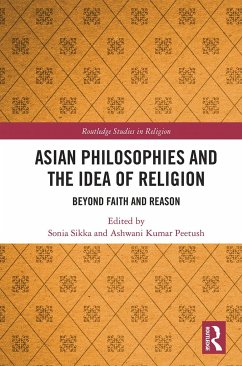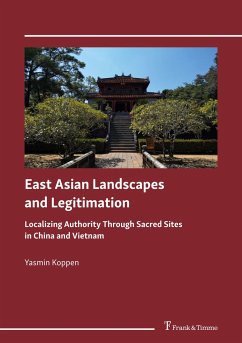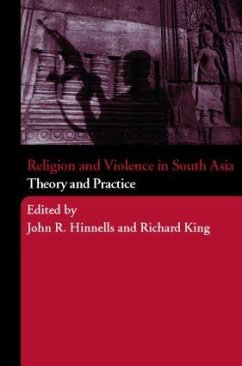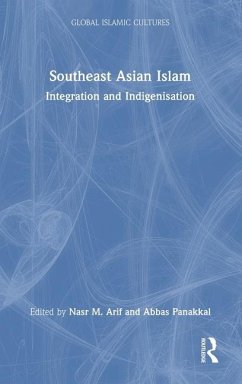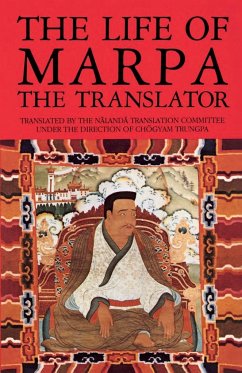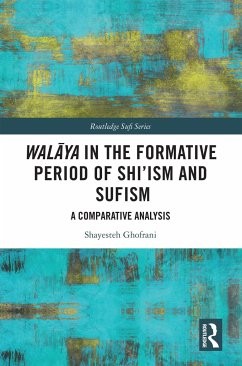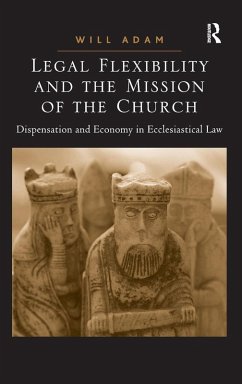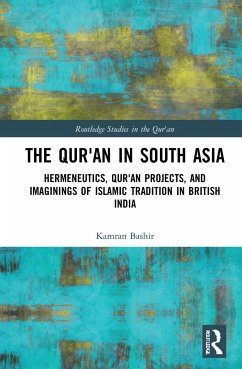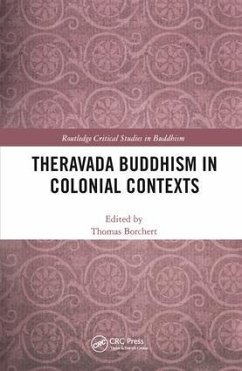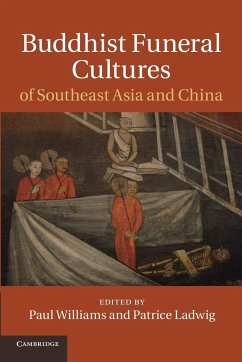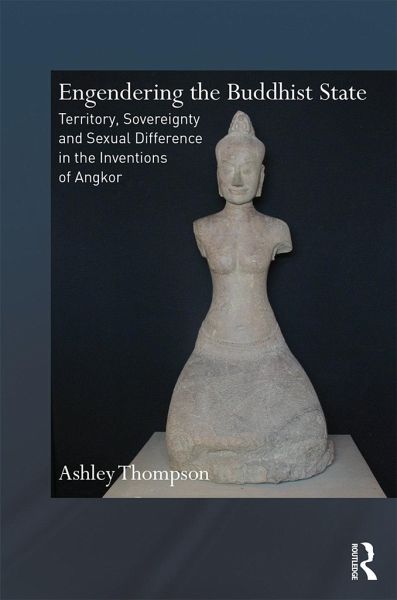
Engendering the Buddhist State
Territory, Sovereignty and Sexual Difference in the Inventions of Angkor
Versandkostenfrei!
Versandfertig in 1-2 Wochen
176,99 €
inkl. MwSt.
Weitere Ausgaben:

PAYBACK Punkte
88 °P sammeln!
Drawing from more than a decade of field and archival research, this monograph concerns Cambodian cultural history and historiography, with an ultimate aim of broadening and deepening bases for understanding the Cambodian Theravadin politico-cultural complex. The book takes the form of an interdisciplinary analysis of performative and representational strategies for constituting social collectivities, largely developed at Angkor. The analysis involves extended close readings of a wide range of cultural artefacts including epigraphic and manuscript texts, sculpture and ritual practices. The aut...
Drawing from more than a decade of field and archival research, this monograph concerns Cambodian cultural history and historiography, with an ultimate aim of broadening and deepening bases for understanding the Cambodian Theravadin politico-cultural complex. The book takes the form of an interdisciplinary analysis of performative and representational strategies for constituting social collectivities, largely developed at Angkor. The analysis involves extended close readings of a wide range of cultural artefacts including epigraphic and manuscript texts, sculpture and ritual practices. The author proposes a critical re-evaluation of dominant paradigms of Cambodian historiography in view of engendering new histories, or hybrid histories, which make room for previously absent perspectives and voices, while developing new theoretical tools engaging with and partially derived from "indigenous" narrative practices in the broadest sense. In this history-making process the historical event is shown to never be entirely separable from its aesthetic representation. Particular attention is paid to the roles of sexual difference in such (re)constructions of history. The book presents a theory of power capable of accounting for the historical phenomena by which vernacular cultures appropriate, subvert and submit to cosmopolitan forces. It charts out a novel approach to the study of classical Southeast Asian materials, and is of interest to students and scholars of Asian Art, Religion and Philosophy, Buddhism and Southeast Asian History.





